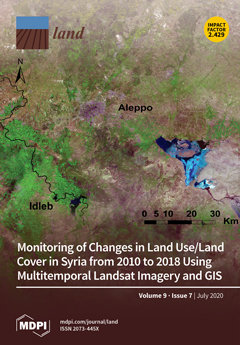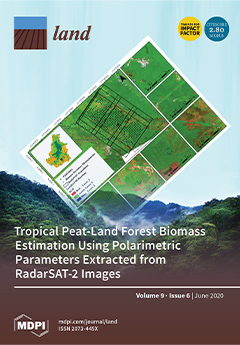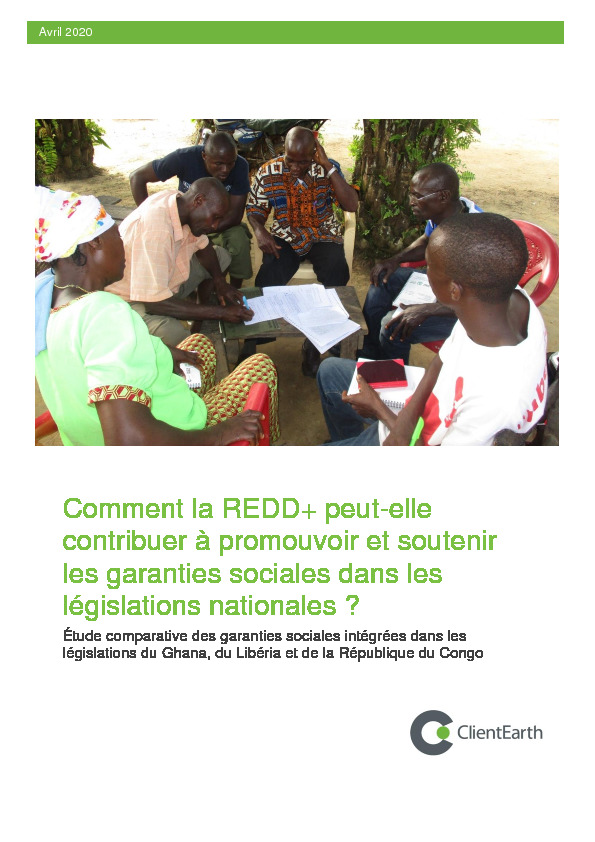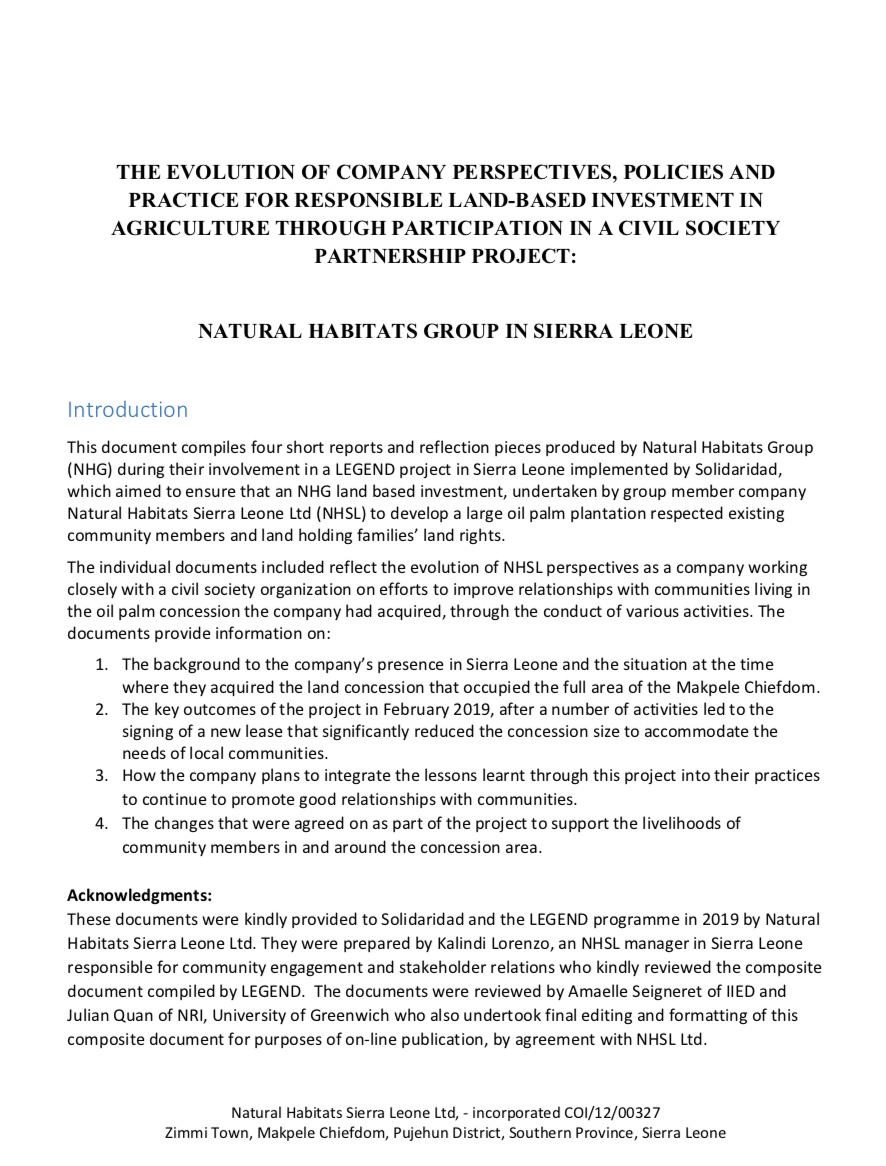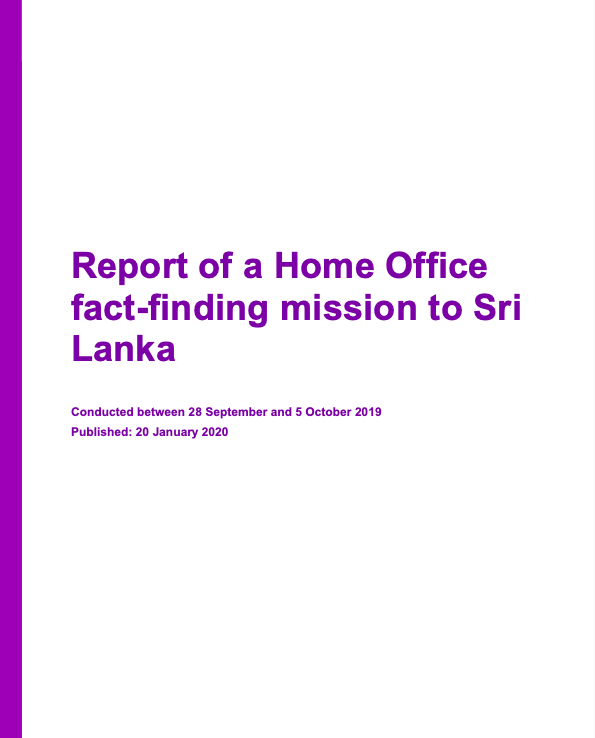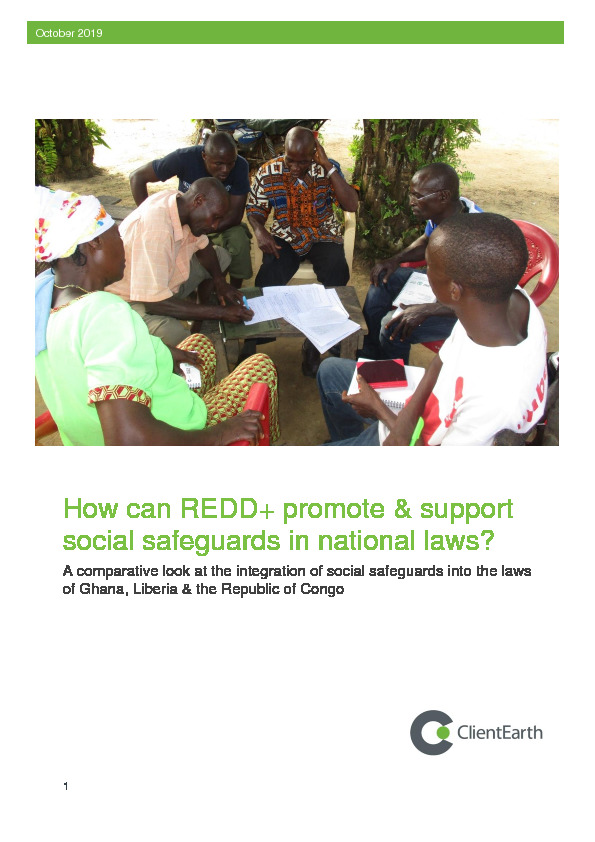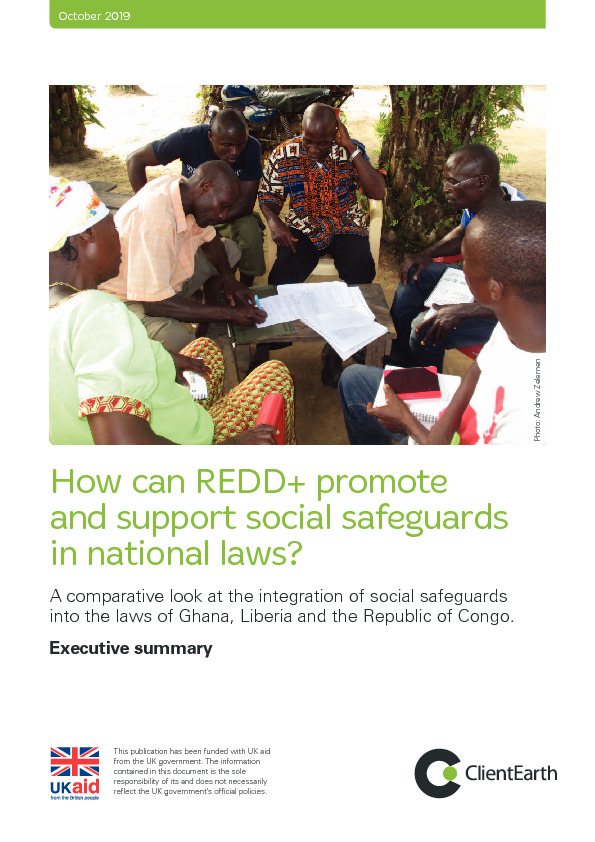The Law and Its Limits: Land Grievances, Wicked Problems, and Transitional Justice in Timor-Leste
This article discusses the inherent limitations of law in transitional justice processes regarding land grievances. Through analysis of the case of Timor-Leste (East Timor), a country marked by post-colonialism, post-authoritarianism, and post-conflict. The article shows how complex transitional justice regarding land grievances can be, and argues that a legalist perspective gives a limited view of these grievances, both for studying and finding solutions to them. The article employs the concept of ‘wicked problems’ to overcome the limitations of law.




